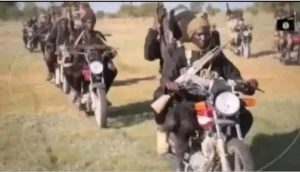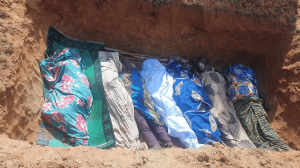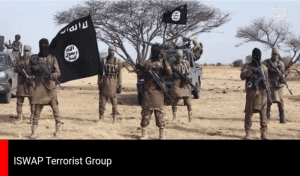When a war rages and the world looks away, the suffering of the innocent is compounded by silence. This is the grim reality for Christians in Southern Kaduna, Nigeria, where Fulani terrorists are waging a genocidal campaign that has displaced over 50,000 people and left countless families shattered. Yet, despite the scale of this crisis, Western media remains largely silent—treating this ongoing persecution as a footnote rather than a headline.
The March 24, 2025, attack on Kusheka was another chapter in this forgotten war. Three Christians were brutally murdered, including 25-year-old Obadiah Dangana, a young graduate awaiting his call-up to the National Youth Service Corps (NYSC). Eight others were kidnapped, held as bargaining chips for ransom, while families were left with impossible choices. But for most of the world, these stories never made it beyond local Nigerian news outlets.
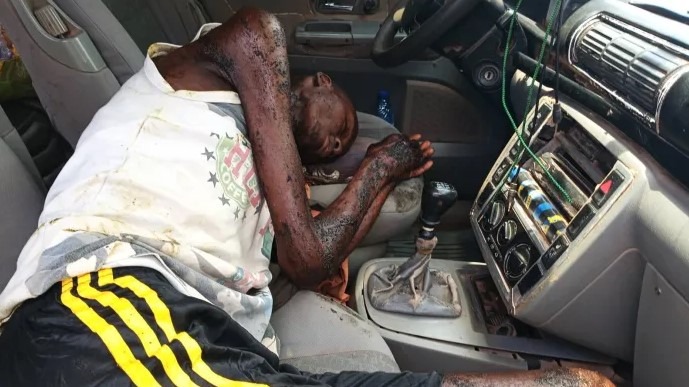
Media Blind Spots: What the World Chooses to See
When violence erupts in regions that align with Western geopolitical interests, media attention is swift and sustained. Ukraine, Syria, and Gaza dominate headlines, with journalists providing 24/7 coverage, analysis, and global calls to action. Yet, the systematic persecution of Christians in Nigeria, where tens of thousands have been killed or displaced, barely registers in mainstream media.
The reasons for this blind spot are complex but not inscrutable:
- Geopolitical Disinterest: Nigeria lacks the same strategic relevance to Western powers as Middle Eastern conflict zones. Without a direct impact on Western economies or political alliances, media outlets are less inclined to invest resources in covering the crisis.
- Religious Bias or Apathy: There’s an uncomfortable truth that Christian persecution—especially in African nations—is often ignored because it challenges the prevailing Western narrative. Coverage of Christian suffering is frequently dismissed as “sectarian violence” or “tribal conflict” rather than recognized as the systematic, targeted extermination that it is.
- Narrative Inconvenience: The violence in Nigeria does not fit neatly into the dominant media narrative of oppressed versus oppressor. When the persecuted are Christians, and the oppressors are Fulani militants driven by radical Islamist ideology, the story becomes inconvenient for media outlets that are often hesitant to highlight such dynamics.
A War Against Christianity
The Fulani militias are not just waging a territorial battle—they are conducting a religiously motivated campaign to eradicate Christianity from Southern Kaduna. Attacks are not random. They are targeted at Christian communities, churches, and villages where the faithful are singled out for slaughter. Survivors recount how attackers shout “Allahu Akbar” as they invade, leaving trails of death and destruction in their wake.
The goal is not merely land or power—it is the elimination of a people whose faith contradicts the ideology of the aggressors. This is not mere terrorism. This is religious genocide.
The Human Cost of Media Silence
When the world looks away, impunity thrives. Fulani terrorists continue their campaign because they know the world is not watching. Silence emboldens killers and ensures that atrocities go unchecked.
The silence of global media has allowed the ransom economy to flourish, enabling terrorists to kidnap with impunity, extort millions, and fund further violence. It has enabled the mass displacement of Christian communities, turning vibrant villages like Kusheka into abandoned wastelands. When atrocities are hidden from the global stage, perpetrators are empowered to continue their work in the shadows.
Breaking the Silence: What Must Be Done
To break this cycle of indifference, Western media and global institutions must take urgent action:
- Prioritize Coverage of Christian Persecution: News organizations must give equal importance to the systematic persecution of Christians in Nigeria. The scale of this crisis demands sustained coverage and analysis.
- Expose the Ransom Economy: Media must investigate and highlight how ransom payments fuel terrorism in Nigeria. Understanding this dynamic is key to dismantling the infrastructure that perpetuates violence.
- Call for International Accountability: Global leaders must be pressured to intervene, applying diplomatic and economic sanctions against those who sponsor or tolerate religious genocide.
A Call to Conscience: Speak for the Voiceless
Christians in Nigeria are fighting for their lives, but their cries for help echo unheard across the globe. This is not just a Nigerian crisis—it is a human rights catastrophe that demands the attention of the world.
Media silence is complicity. Every unreported atrocity, every ignored massacre, strengthens the hand of those who seek to destroy. The world cannot claim ignorance when history is being written in the blood of the innocent.
Until the global community opens its eyes to this forgotten war, the suffering of Nigeria’s Christians will continue—unseen, unheard, and unanswered. The time to break the silence is now.


